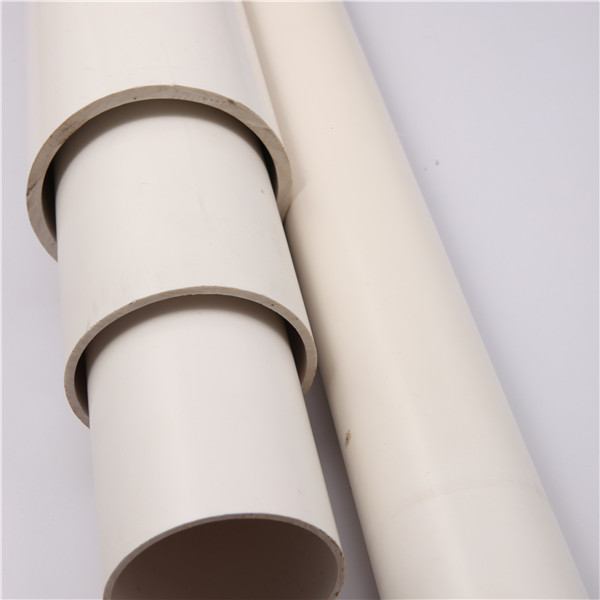Lis . 13, 2024 05:57 Back to list
pvc hose pipe
Understanding the Versatility and Applications of PVC Hose Pipes
PVC hose pipes have gained significant popularity in a variety of industries due to their versatile properties and numerous advantages. Made from polyvinyl chloride (PVC), these hoses are lightweight, flexible, and resistant to many chemicals, making them ideal for a wide range of applications. In this article, we will explore the characteristics that make PVC hose pipes an essential tool across different fields, their applications, and factors to consider when choosing the right hose for your needs.
Characteristics of PVC Hose Pipes
1. Durability One of the primary features of PVC hose pipes is their durability. They are designed to withstand harsh environmental conditions and have a long service life. This resilience makes them suitable for both indoor and outdoor use.
2. Flexibility Unlike some other materials, PVC hose pipes offer excellent flexibility, allowing them to bend and twist easily. This characteristic is especially beneficial in applications where the hose must navigate around obstacles.
3. Chemical Resistance PVC hose pipes exhibit a high level of resistance to various chemicals, including acids, bases, and salts. This property makes them suitable for industries such as agriculture, where they are often used to transport fertilizers and pesticides.
4. Lightweight The lightweight nature of PVC makes these hoses easy to handle and transport. They can be easily coiled, stored, and installed, which is a significant advantage for both commercial and residential users.
5. Cost-Effective PVC hose pipes are generally more affordable compared to hoses made from other materials. Their cost-effectiveness, combined with their durability, makes them a popular choice for both small-scale and large-scale applications.
Applications of PVC Hose Pipes
1. Agriculture In the agricultural sector, PVC hose pipes are commonly used for irrigation purposes, including transporting water and fertilizers to crops. Their resistance to chemicals and UV rays ensures they can handle challenging conditions while maintaining efficiency.
2. Construction PVC hoses are frequently used on construction sites for various tasks, including power washing and dust suppression. Their ability to handle high-pressure water makes them suitable for cleaning heavy machinery and surfaces.
3. Aquaculture The aquaculture industry utilizes PVC hose pipes for water aeration and circulation in fish farms. Their resistance to algae growth and other aquatic organisms makes them a preferred choice for maintaining healthy aquatic environments.
pvc hose pipe

4. Food and Beverage Certain grades of PVC hoses are deemed safe for food and beverage applications. They are used in food processing plants for conveying liquids, ensuring that the materials are non-toxic and safe for human consumption.
5. Industrial Uses PVC hose pipes are common in various industrial settings, including chemical processing, automotive, and manufacturing. Their durability and chemical resistance make them ideal for transporting a wide range of fluids.
Choosing the Right PVC Hose Pipe
When selecting a PVC hose pipe, it is essential to consider several factors to ensure it meets your specific needs
1. Diameter and Length The required diameter and length of the hose will depend on the application. Ensure that the specifications match your intended use to maintain optimal flow rates and pressure.
2. Temperature Range Depending on the operating environment, you should consider the temperature range the hose can handle. Different PVC grades have varying temperature tolerances, which can affect their performance.
3. Reinforcement For applications involving high pressure, look for hoses with reinforced structures. This additional layer increases strength and prevents bursting.
4. Compliance and Certification If your application involves food or medical supplies, ensure that the hose complies with relevant safety standards and certifications.
5. Cost vs. Quality While it can be tempting to choose the cheapest option, it is crucial to balance cost with quality to ensure longevity and reliability in your applications.
Conclusion
PVC hose pipes offer a wealth of advantages, making them an integral part of various industries. Their durability, flexibility, and chemical resistance ensure that they can meet the diverse demands of applications ranging from agriculture to food processing. By understanding the characteristics and selecting the appropriate hose, users can maximize the benefits of PVC hose pipes, contributing to efficient and effective operations across numerous fields.
-
Durable PP Rigid Sheet: Lightweight, Chemical Resistant Solutions
NewsAug.21,2025
-
PVC Grey Sheet for Extraction: Chemical Resistant & Durable
NewsAug.19,2025
-
Durable PVC Pipe Fittings for Plumbing & Irrigation Needs
NewsAug.18,2025
-
HDPE Steel Belt Reinforced Spiral Corrugated Pipe | High Strength
NewsAug.17,2025
-
HDPE Pipe Fittings: Durable, Leak-Proof Solutions
NewsAug.16,2025
-
Premium CPVC Sheet: High-Temp & Chemical Resistant Solutions
NewsAug.15,2025

